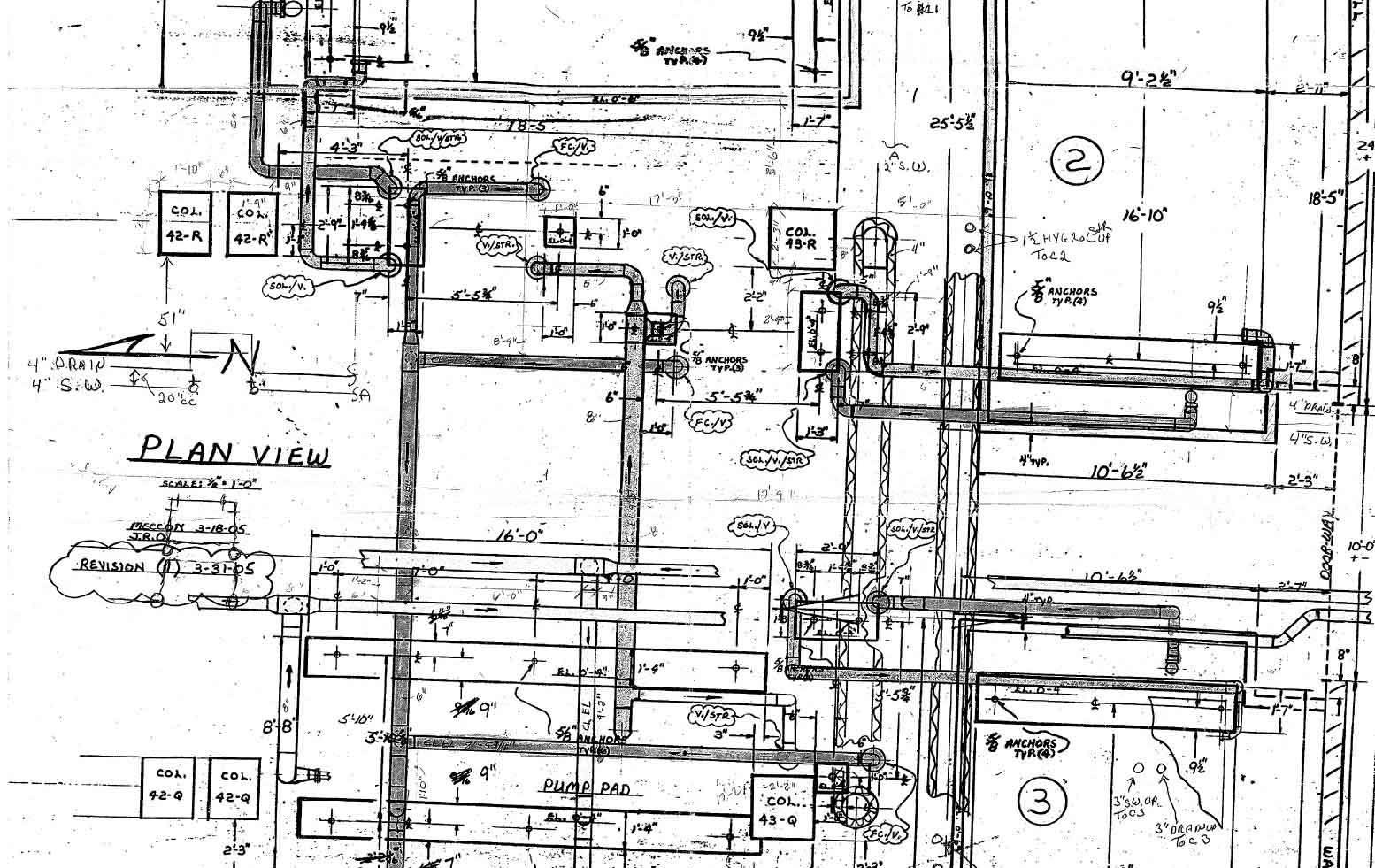
Do you secretly harbor dreams of becoming a plumbing pro? It’s not always the most glamorous life, but it is a vital job, and we love doing it.
One important factor that applies to amateurs and pros alike? Safety! A plumbing job can go wrong in any number of ways, and it’s important that you know how to handle yourself before attempting any sort of DIY plumbing task.
Before you undertake a plumbing job, large or small, it’s important to know the safety basics. Here are seven tips to remember before trying to tackle any DIY job:
1.) Have the Right Tools Handy
Ever wondered why it takes a plumber so much less time than a homeowner to find and treat a clog? In addition to our expertise, a lot of it comes down to having the right equipment to handle the job. Before attempting a DIY task, make sure your tools are the proper ones for your needs. Using the wrong wrench, for instance, could lead to ill-fitting connections or even a deformed pipe.
For a few ideas to get started, check out our handy guides on building a DIY plumbing toolkit, “The Five Plumbing Tools Every DIY-er Needs In Their Toolbox” and “Five Basic Plumbing Tools for Households on a Budget.”
2.) Research, Research, Research
Before undertaking a job, even one that seems simple, be sure to thoroughly research what you’re going to have to do to get everything done right. Check out multiple guides and sources before you start (as different experts may offer different directions), search around to make sure that you’re allowed to do the chore without needing to acquire a permit, and practice any specialized skills you’ll need before putting them into practice on your precious plumbing.
And remember, if all this seems too daunting, it can often be easier to go pro! For some advice on finding the professional right for your job, be sure to read up on our “Three Things to Consider When You’re Choosing a Plumber.”
3.) Protect Your Eyes…
Plumbers often have to work around sprays, mist, sparks, dust, and even chemicals, all of which can cause severe harm if they’re allowed to reach your eyes. Invest in a solid pair of heavy-duty, fog-resistant eyewear or safety goggles before attempting a major plumbing job.
4.) Protect Your Head…
Remember what we said about chemicals, dust, and mist? They’re all as bad for your mouth and lungs as they are for your eyes, so, if possible, wear a simple facemask, which can help protect you from inhaling fumes, mold, and insulation.
As for the rest of your head? A hard hat isn’t usually strictly necessary for a DIY job, but if you’re working in a tight area where the risk of hitting your head is high, head protection may be worthwhile. The same goes for your ears – too many loud noises over a series of jobs could lead to permanent hearing damage, so you may want to invest in noise-reducing earphones if you’re going to be doing DIY projects all the time.
5.) …And Protect Your Body!
“Protect the body” isn’t just advice for boxers, but a rallying cry for plumbers! We recommend wearing gloves at all times when doing a plumbing job, particularly one that may bring you into contact with hazardous materials like chemical cleaners or human waste. Long sleeves are also highly recommended, as they can help save your arms from cuts, burns, and bruises.
6.) Prepare for Environmental Hazards
Plumbing job sites are often just a little grosser than others. For one, they’re often very wet; if you’re dealing with a flood or even just a damp area in the home, it’s important to have the right gear, including non-slip shoes or boots.
You’ll also need to know how to turn off the electrical, gas, and plumbing systems in your home before taking on a major job. Working on your pipes or a faucet without finding and locating your shutoff valve can lead to a nightmarish number of future problems, ranging from mold to drywall damage; mixing electricity and water, meanwhile, is a surefire recipe for a serious injury, or even death.
Be extremely careful and don’t take on any job that seems too intimidating or dangerous!It’s never worth it. Hazards like electrocution are a big reason why we advise homeowners to never take a DIY approach to HVAC; you can read more about that here.
7.) Have an Emergency Contact Handy
In addition to a plumbing professional, another family member, and your local emergency responsive services, arm yourself with the contact info for your gas company, your electric company, any building supervisors, and maybe even your water company before starting the job. You never know who you may need to be able to reach out to in a pinch!
Have any other questions or recommendations about DIY plumbing? Would you rather bring on a pro? Either way, we’d love to hear from you! Feel free to drop our team a line, day or night.








